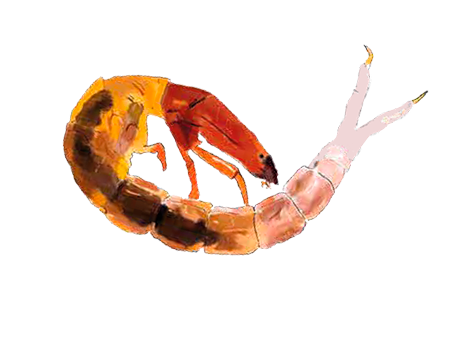SCIENTIFIC RESEARCH
In the context of the climate change that our planet is experiencing, the actions we humans take are fundamental in determining our own future and that of the planet. Science is the tool that provides evidence and objective information, which is necessary for citizens and institutions in the public, private, and civil sectors to take actions and make decisions that contribute to the care of the environment and the joint construction of a more sustainable society.
MERI Foundation’s lines of research are oriented towards the study of ecosystems or species that are threatened, and whose conservation makes it possible to preserve the ecosystem of which they are part. The lines of scientific research are determined based on the particular Conservation Targets (CT) of the territories and are grouped into two main areas: Terrestrial Ecosystems, and Marine and Freshwater Ecosystems
Biological Species
as Conservation Targets
1. KEYSTONE SPECIES
Species that directly influences others in the community, regardless of their number or density, and that when removed, changes the community and ecosystem drastically.
2. INDICATOR SPECIES
Species that due to their characteristics (sensitivity to disturbances or pollutants, places they inhabit, quantity, movement, reproductive success, among others) are chosen as indicators to determine how other species or environmental conditions are doing, which are difficult to measure directly.
3. UMBRELLA SPECIES
Species that require large habitats for the maintenance of minimum viable populations, so guaranteeing their conservation implies the protection of other sympatric species (living in the same geographic area), species of a lower trophic level or an appreciable section of the ecosystem.





